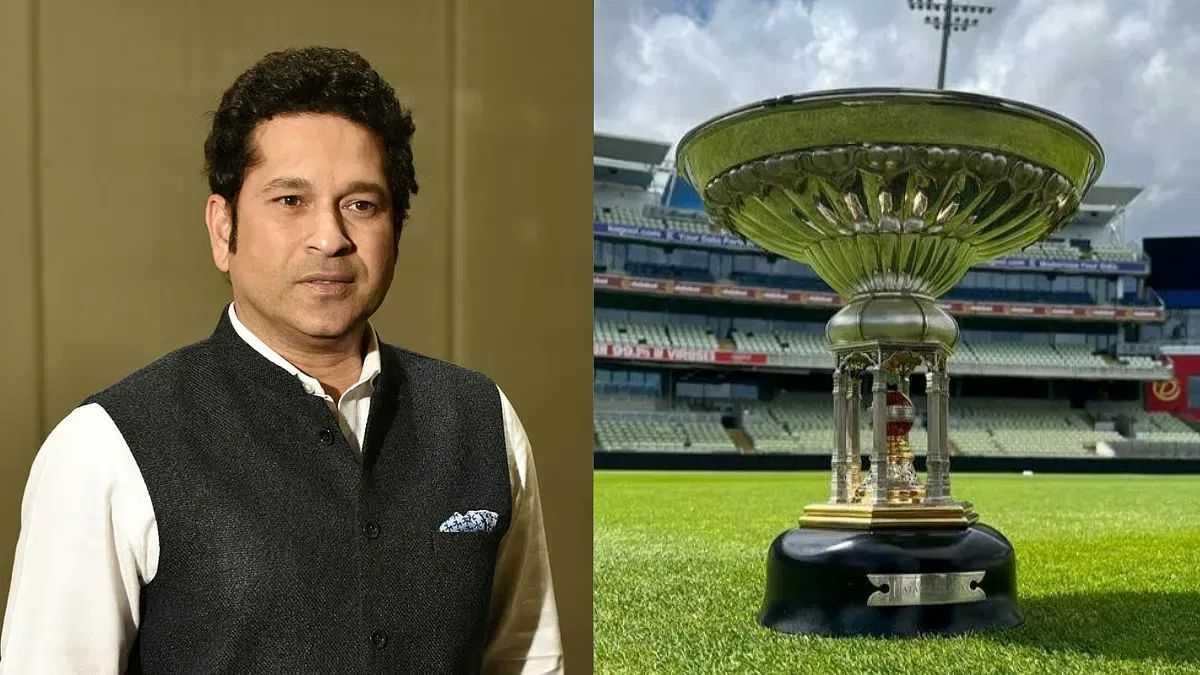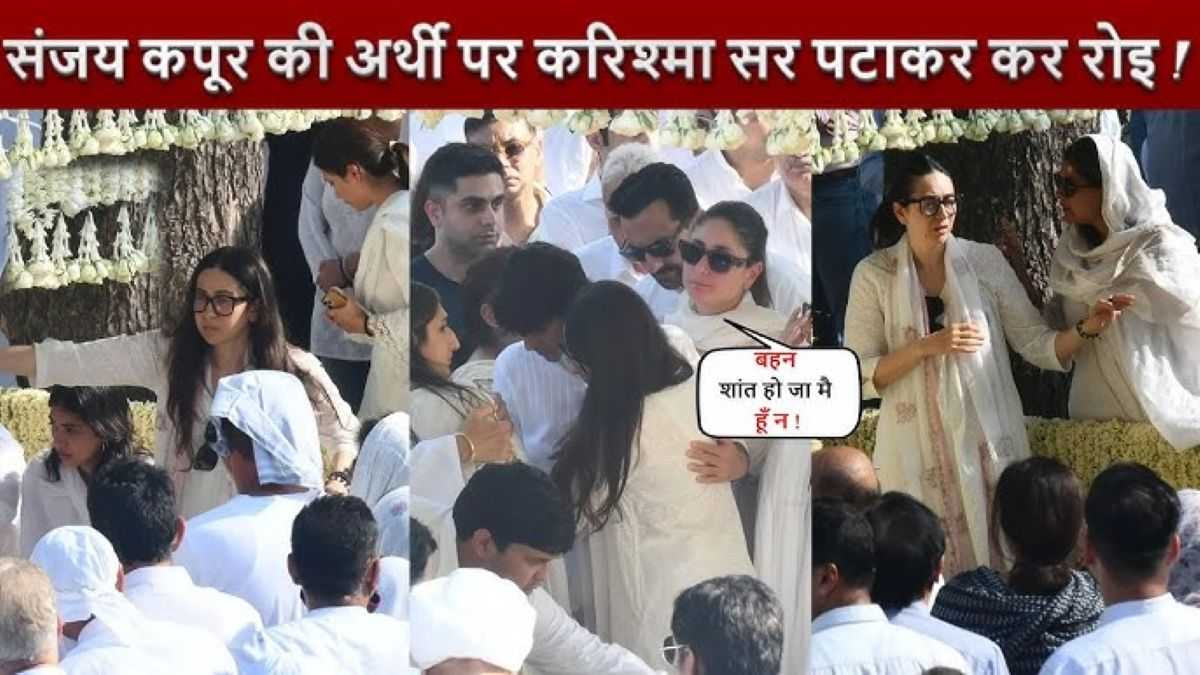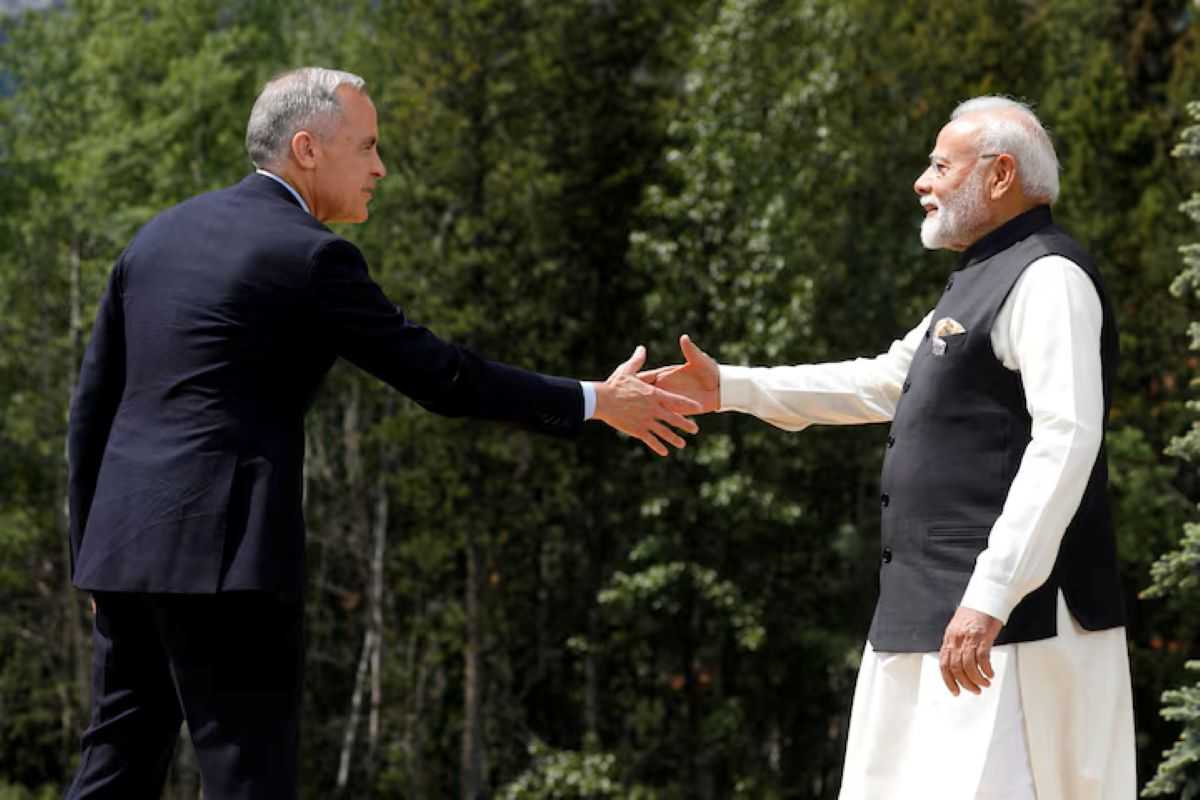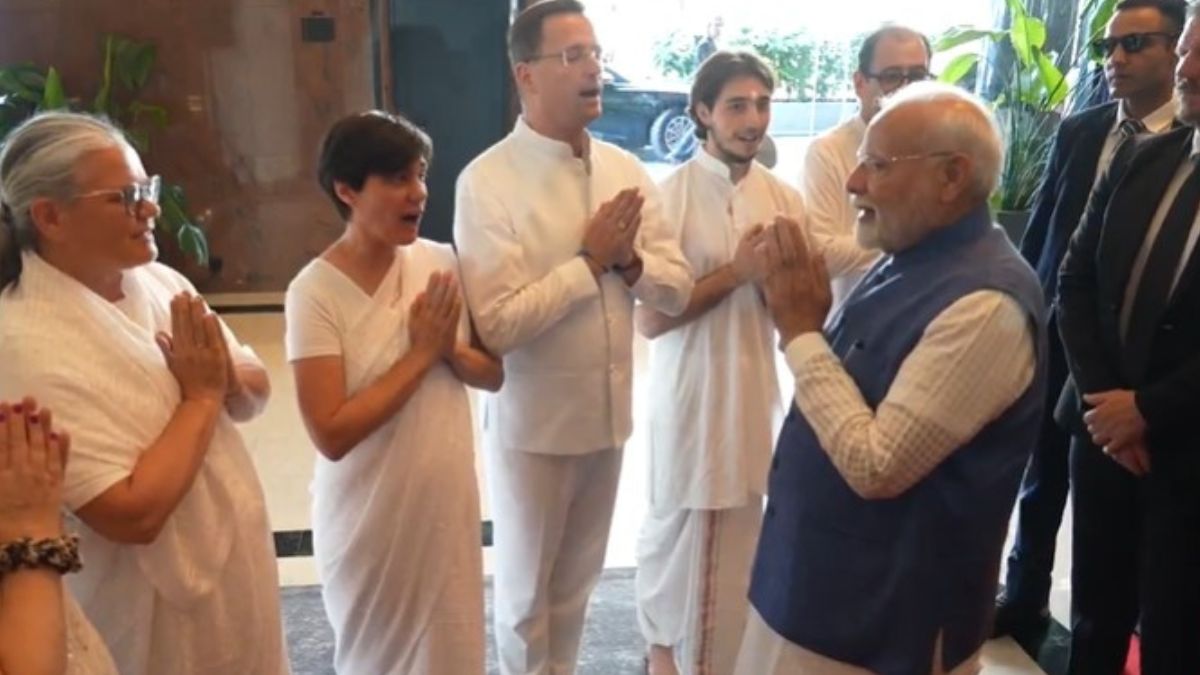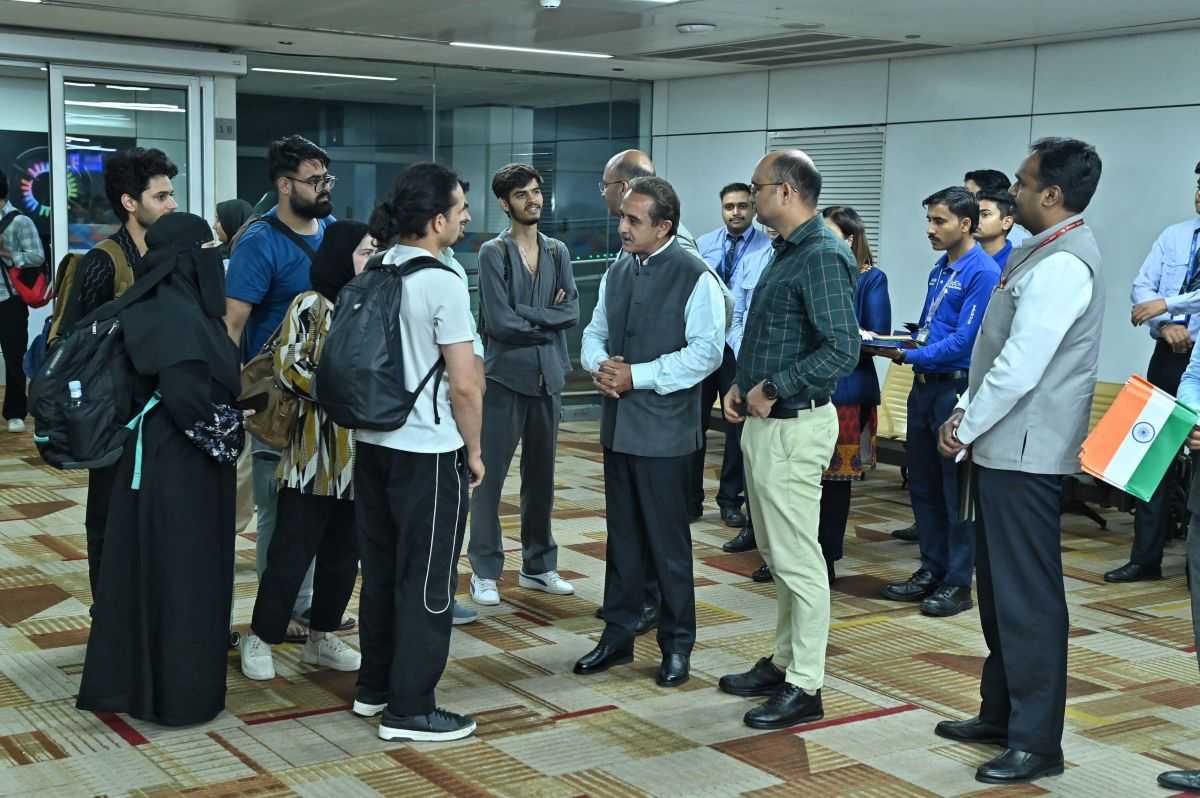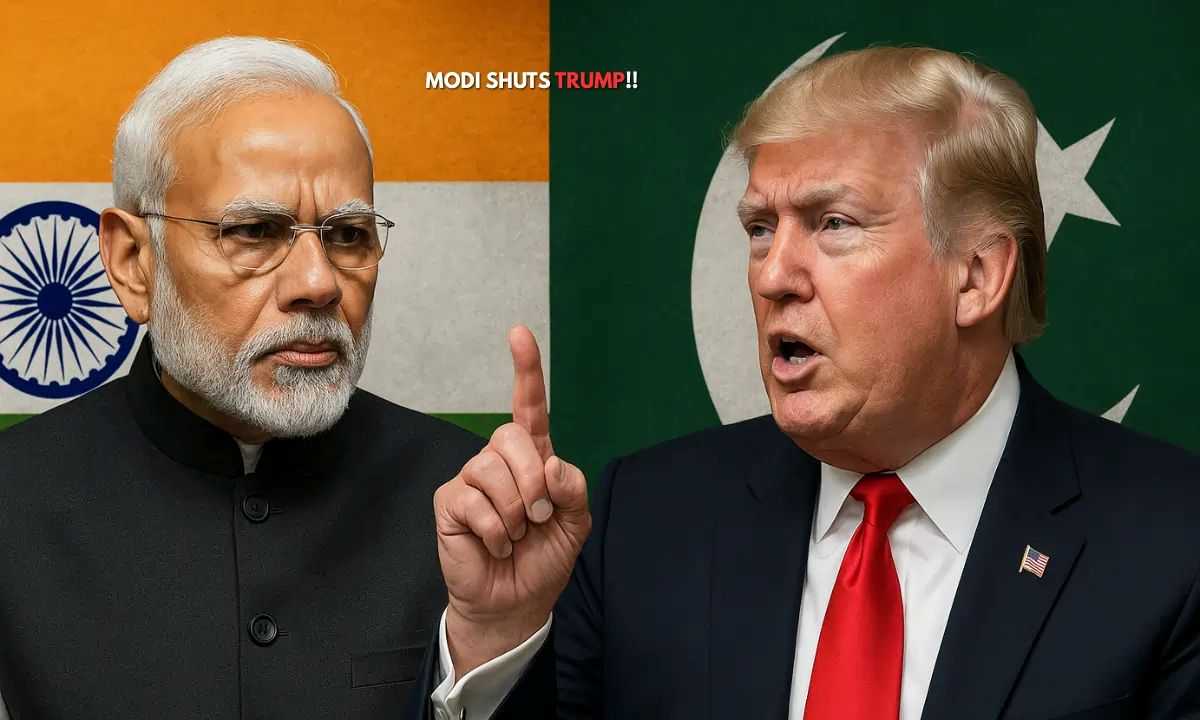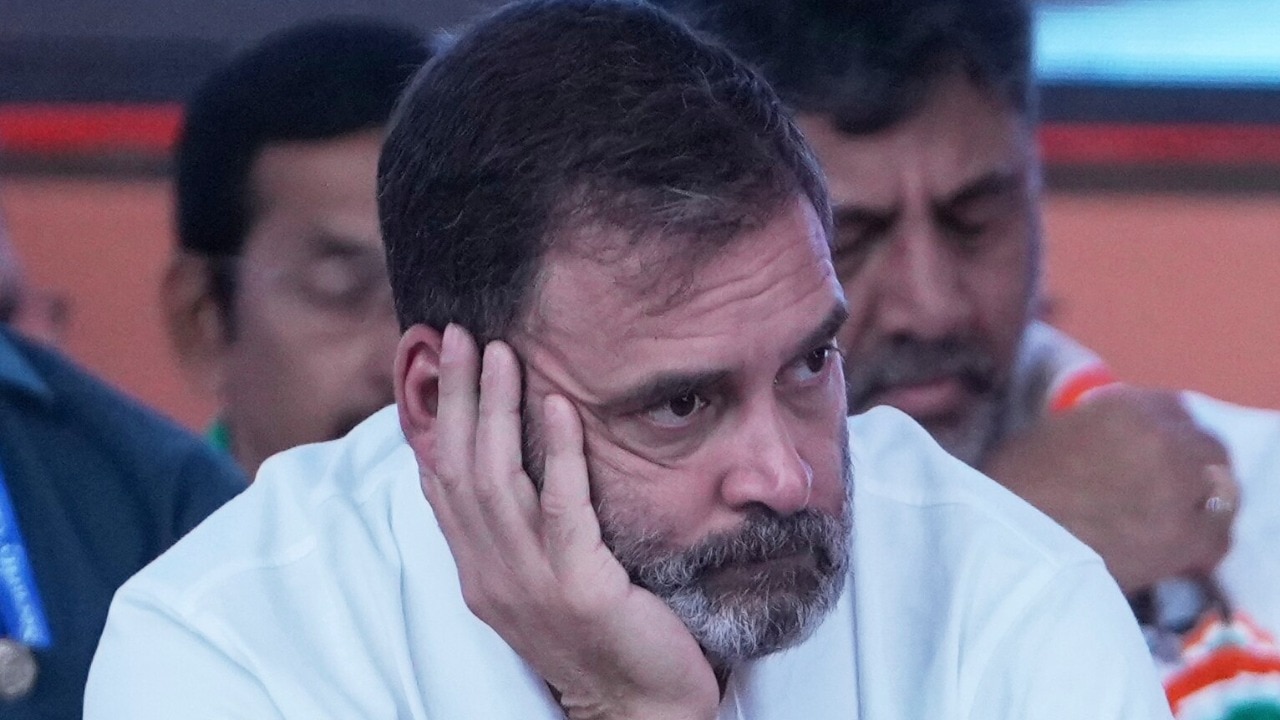
Election Panel Probes Rahul Gandhi’s Vote Rigging Allegations
Amid allegations of election rigging, the Election Commission has raised questions over Rahul Gandhi’s failure to lodge a formal complaint. The panel seeks clarity on the claims made by the Congress leader regarding the fairness of the electoral process.
In Short
- Rahul Gandhi has accused electoral malpractice during recent elections in Maharashtra.
- The Election Commission questioned the absence of a formal complaint from his party.
- Gandhi’s accusations raised concerns ahead of upcoming state elections.
Allegations of Electoral Malpractice
Rahul Gandhi has publically voiced concerns over alleged vote rigging in recent elections in Maharashtra. His statements have sparked a debate over the robustness of the electoral process in India. Gandhi’s claims come at a critical time as several states gear up for elections.
The Congress leader has cited various “irregularities” that he believes affected the integrity of the elections. However, these assertions have not been backed by any formal complaints submitted to the Election Commission. This discrepancy has prompted the Election Commission to question the seriousness of the allegations.
The Election Commission, responsible for overseeing fair elections, has requested that Gandhi provide evidence to support his claims. In a statement, they emphasized the importance of following formal protocols to address such serious allegations.
Read more about Rahul Gandhi’s claims here.
This incident has highlighted the need for political parties to engage with electoral bodies more constructively when raising concerns about election processes.
Response from the Election Commission
The Election Commission has expressed concern over Gandhi’s decision to make public allegations without following standard procedures. They highlighted that formal complaints are crucial for initiating investigations and ensuring accountability.
According to electoral guidelines, any party suspecting foul play must file a detailed, evidence-based complaint. These complaints are then thoroughly investigated to maintain election integrity.
The absence of such a complaint from the Congress Party has left the Election Commission unable to launch a formal investigation. This has raised questions about the intent behind the allegations and their timing relative to upcoming elections.
A senior Election Commission official stated,
“The electoral process is one of the pillars of democracy, and it is essential for all political participants to adhere to procedural norms when voicing concerns.”
The Election Commission has called for better collaboration between political parties and electoral authorities to address and rectify alleged discrepancies.
Political Repercussions and Concerns
This development could impact the Congress Party’s positioning and relations with the Election Commission, especially as state elections near. The integrity of the electoral process is central to democratic processes, and such accusations without formal follow-up will likely draw scrutiny.
Political analysts suggest that the Congress Party faces the challenge of balancing public criticisms with procedural formalities. Any further developments in this situation will be closely monitored by political observers and the media.
With elections approaching in other states, parties are under increased pressure to ensure transparent electoral participation. Election watchdogs and international observers may also take an interest given India’s importance on the global political stage.
The Election Commission has reiterated that any actor in the political landscape has the right to report grievances but stressed the necessity for proper channels for credible resolution.
This incident underscores the ongoing challenges of maintaining electoral integrity amid heightened political activity and potential disruptions.
